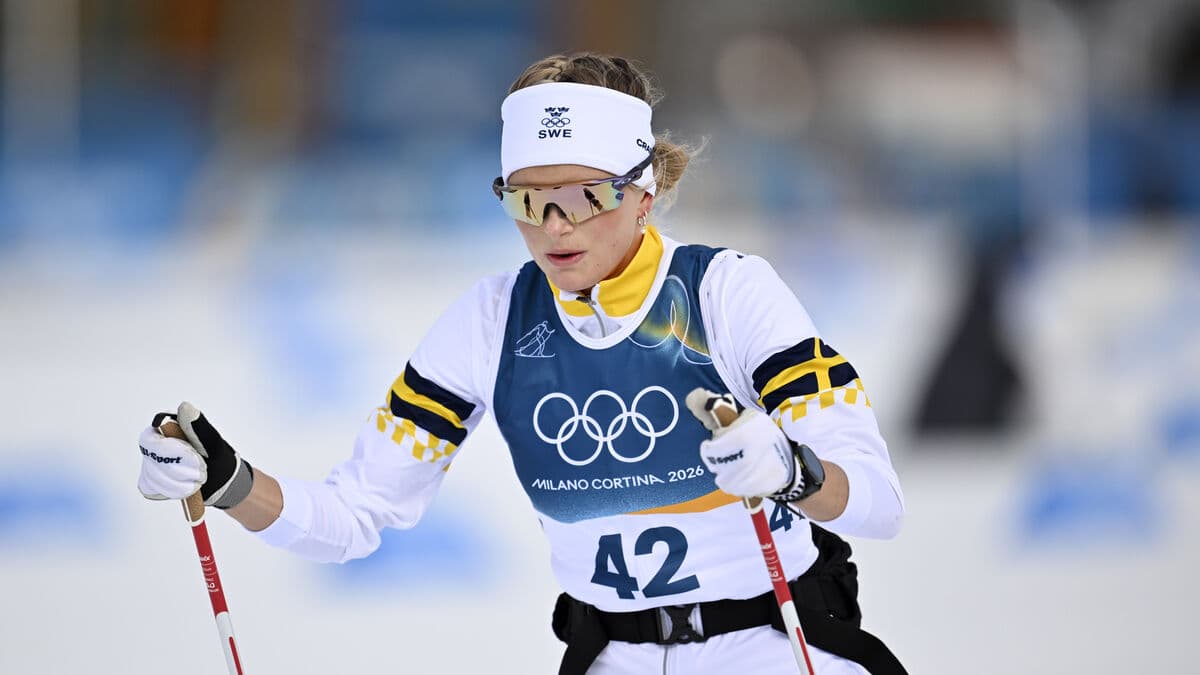The idea is that the reduction will result in a saving of approximately two billion kronor.
It's sad to have to cut back. But it's necessary. And it builds a very good platform for profitable growth when we eventually see a turnaround in the market, says Gustafson.
The measures will be implemented during the second half of 2025, but will continue into 2026 and 2027.
The major cash impact will mainly be in 2026.
Advertisement
”Many have received notice”
Most of those affected will receive final notice in the autumn, according to Gustafson.
Many have already received notice, he adds.
Employees in the Swedish operations will also be affected.
But we hope to be able to handle much of it with natural departures and early retirements.
Advertisement
Gustafson says at the same time that he is pleased with how SKF handled the second quarter, which has been marked by customs chaos, currency turbulence and weak demand for vehicles.
Thanks to continued solid work with prices, portfolio management and streamlining and good cost control, we can show another quarter with resilience and profitability – despite challenging market conditions.
”Pretty strained”
The situation on the vehicle side is "still pretty strained", according to Gustafson, especially in Europe and America.
In Asia, it's slightly better. There, we have good growth in electric vehicles. But I dare not say that I can see any turnaround.
Advertisement
SKF expects at the same time that the currency impact in the second quarter of around half a billion will be repeated in the third quarter. And it may become more further ahead – despite the group's efforts to protect itself against currency fluctuations by investing heavily in regionalization with production, supply chains and sales around the world.
At the same time, SKF continues its preparations to spin off the vehicle business to its owners during the first half of 2026.
It's a tight schedule, but so far it's moving forward.
Bearing manufacturer SKF reports an adjusted operating profit of 3.1 billion kronor for the second quarter of the year. This can be compared to 3.3 billion during the same quarter last year.
The profit was higher than expected. Analysts had on average expected 2.9 billion.
Net sales fell to 23.2 billion, from 25.6 billion kronor.
Market prospects are uncertain, according to SKF, which expects the organic sales to be relatively unchanged compared to the same period last year. During the second quarter, organic sales fell by 0.2 percent.
The currency impact in the third quarter is estimated to be 500 million kronor, approximately the same as in the second quarter.






